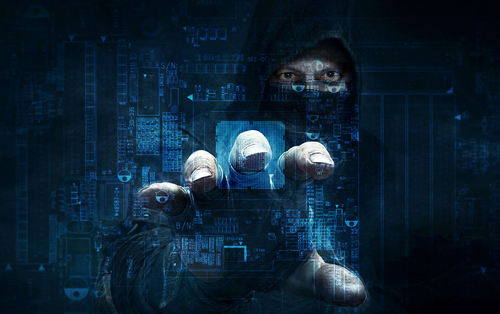Malicious cryptocurrency mining attacks are on the rise.

The percentage of malware payloads that were ransomware dropped from over 70% in June 2017 to less than 5% in December 2017 (Malwarebytes).
The biggest reason for the jump from ransomware to cryptojacking (the unauthorised use of someone else’s computer to mine cryptocurrency) is because the latter is simple and effective as well as being far subtler than ransomware. It also allows the criminals to make illicit earnings. Cryptojacking boomed with the high-profile rise of bitcoin as well as other cryptocurrencies.
The attack is simple: hackers infiltrate devices of all kinds, from PCs to servers and smartphones, to use the processing power secretly to dig for cryptocurrency.
Companies remain unprotected
Around one third of organisations admit that, in the last month, they’ve been hit by cryptojacking attacks.
Often victims will not realise that they have been infected as the malware takes their processing power. They may find their device is running slower or the fans are louder but they won’t necessarily detect an attack.
Anton Ivanov, lead malware analyst at Kaspersky Lab said:
“Cyber criminal groups are actively developing their methods and have already started to use more sophisticated techniques to spread mining software. We have already seen such an evolution – ransomware hackers were using the same tricks when they were on the rise.”
Data from Kaspersky Lab suggests that 2.7 million users were struck by malicious miners in 2017, which is up by 50% since the previous year.
Despite the upsurge in cryptomining attacks, one survey found that one in five organisations still don’t have the proper measures in place to fight such an attack.
Cyber Essentials
Whether you are a large or small business, the dangers of not being cyber secure are continuously growing. A lucrative cyber attack will challenge any business’s day-to-day operations.
Cyber Essentials certification signifies that your organisation has an active attitude against malicious cyber attacks. Moreover, it demonstrates to customers, investors, insurers and others that you have begun taken the essential steps towards safeguarding your business.
The National Cyber Security Centre states that undertaking the Cyber Essentials certification process and implementing even one of the five controls required by Cyber Essentials can protect businesses from around 80% of attacks.
Take action and protect your organisation by becoming Cyber Essentials certified.
